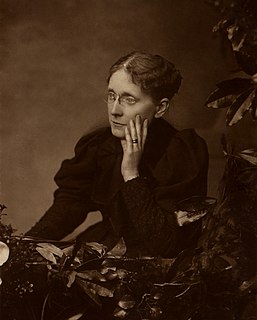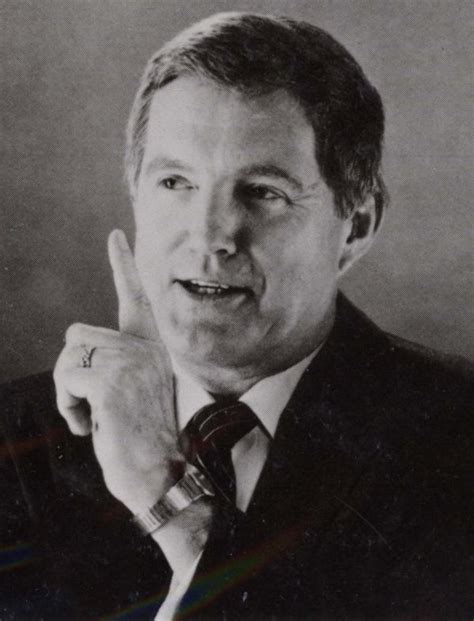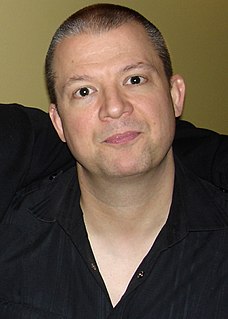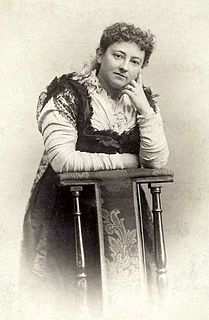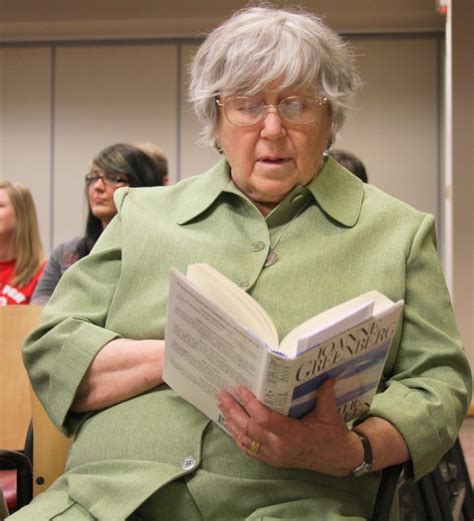A Quote by Frances E. Willard
If I am asked to explain why I learned the bicycle I should say I did it as an act of grace, if not of actual religion.
Related Quotes
How did I get into the world? Why was I not asked about it and why was I not informed of the rules and regulations but just thrust into the ranks as if I had been bought by a peddling shanghaier of human beings? How did I get involved in this big enterprise called actuality? Why should I be involved? Isn't it a matter of choice? And if I am compelled to be involved, where is the manager—I have something to say about this. Is there no manager? To whom shall I make my complaint?
Religion should be subject to commonsense appraisal and rational review, as openly discussible as, say, politics, art and the weather. The First Amendment, we should recall, forbids Congress both from establishing laws designating a state religion and from abridging freedom of speech. There is no reason why we should shy away from speaking freely about religion, no reason why it should be thought impolite to debate it, especially when, as so often happens, religious folk bring it up on their own and try to impose it on others.
It is grace at the beginning, and grace at the end. So that when you and I come to lie upon our death beds, the one thing that should comfort and help and strengthen us there is the thing that helped us in the beginning. Not what we have been, not what we have done, but the Grace of God in Jesus Christ our Lord. The Christian life starts with grace, it must continue with grace, it ends with grace. Grace wondrous grace. By the grace of God I am what I am. Yet not I, but the Grace of God which was with me.
The Hasidic rabbi, Zuscha, was asked on his deathbed what he thought the kingdom of God would be like. He replied, "I don't know. But one thing I do know. When I get there I am not going to be asked, 'Why weren't you Moses? Why weren't you David?' I am only going to be asked, 'Why weren't you Zuscha? Why weren't you fully you?'"
Once upon a time, they say, there was a girl...there was a boy...there was a person who was in trouble. And this is what she did...and what he did...and how they learned to survive it. This is what they did...and why one failed...and why another triumphed in the end. And I know that it's true, because I danced at their wedding and drank their very best wine.
If we want to be a person of integrity, we act as if we have integrity and we will be a person of integrity. If we want to be a person of charity and love, we act as if we have that characteristic and we will be that person. The Savior alluded to this principle when he asked, ‘What manner of men ought ye to be?’ Verily I say unto you, even as I am.' We should strive to become like him by acting as he would act.
You asked for a loving God: you have one... The consuming fire Himself, the Love that made the worlds, persistent as the artist's love for his work and despotic as a man's love for a dog, provident and venerable as a father's love for a child, jealous, inexorable, exacting as love between the sexes. How this should be, I do not know: it passes reason to explain why any creatures, not to say creatures such as we, should have a value so prodigious in their Creator's eyes.
My first reaction in pastoral care is not to explain. And again, I don't think the primary purpose of the Bible is to explain suffering. I never have, because the actual explanations are often inadequate. I think the primary purpose of Scripture is to say I am all you need in this suffering and I need comfort.
Power! Did you ever hear of men being asked whether other souls should have power or not? It is born in them. You may dam up the fountain of water, and make it a stagnant marsh, or you may let it run free and do its work; but you cannot say whether it shall be there; it is there. And it will act, if not openly for good, then covertly for evil; but it will act.
I once had a patient who used to practice the most horrible tortures on himself, and when I asked him why he did such things, he said, 'Why before the world does them.' I asked him then, 'Why not wait and see what the world will do?' and he said, 'Don't you see? It always come at last, but this way at least I am master of my own destruction.
A man I know who writes and aspires to be a novelist does very little reading, and he's not that successful. But I think it's because he's like the kid who wants to be a ballplayer and never goes to the ballpark or tries to hit a ball. So I'd say reading is the most important thing that I do, besides the actual writing. I'm always asking as I read, "How did the writer do this? Why do I suddenly have tears in my eyes? Why am I crying?"
